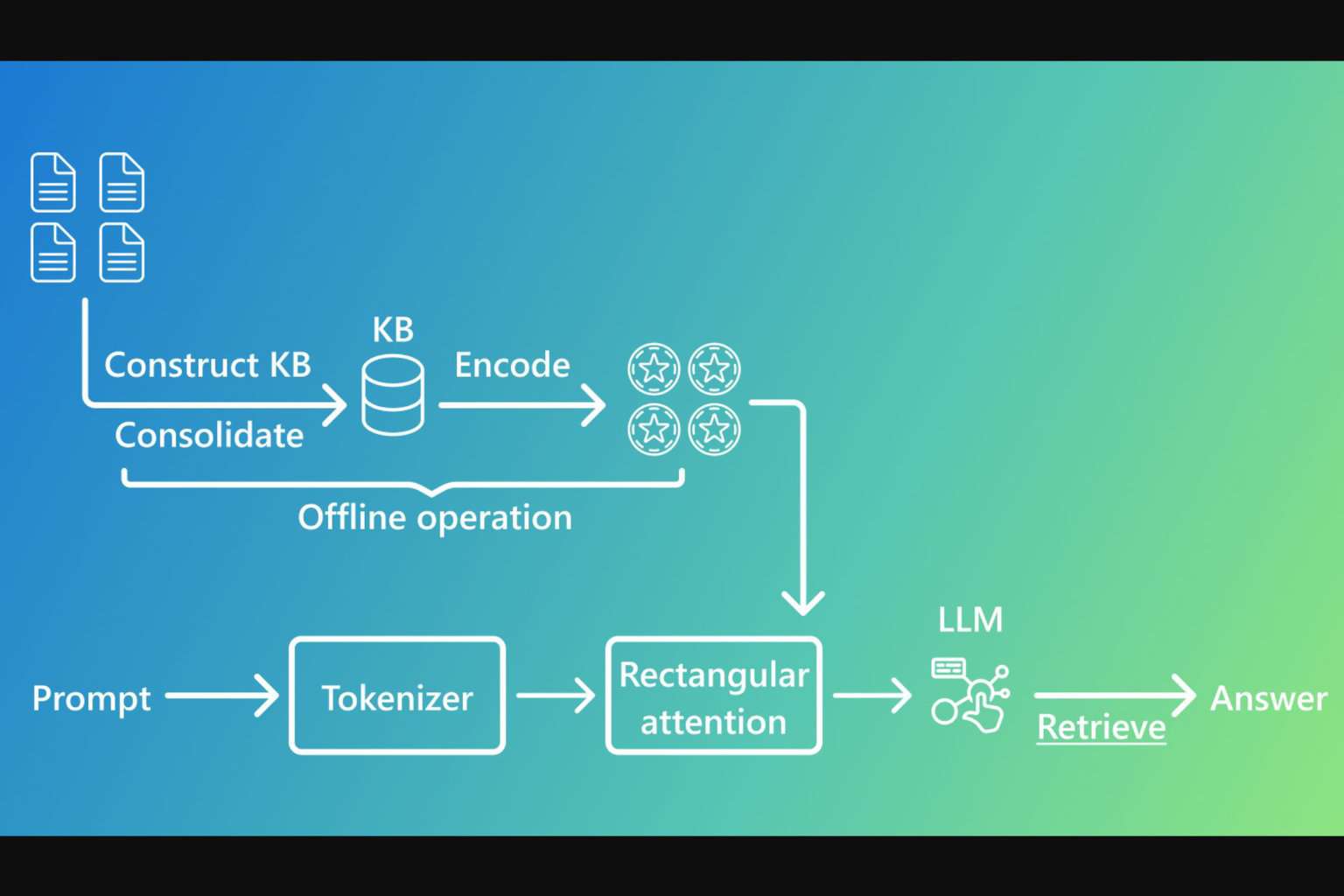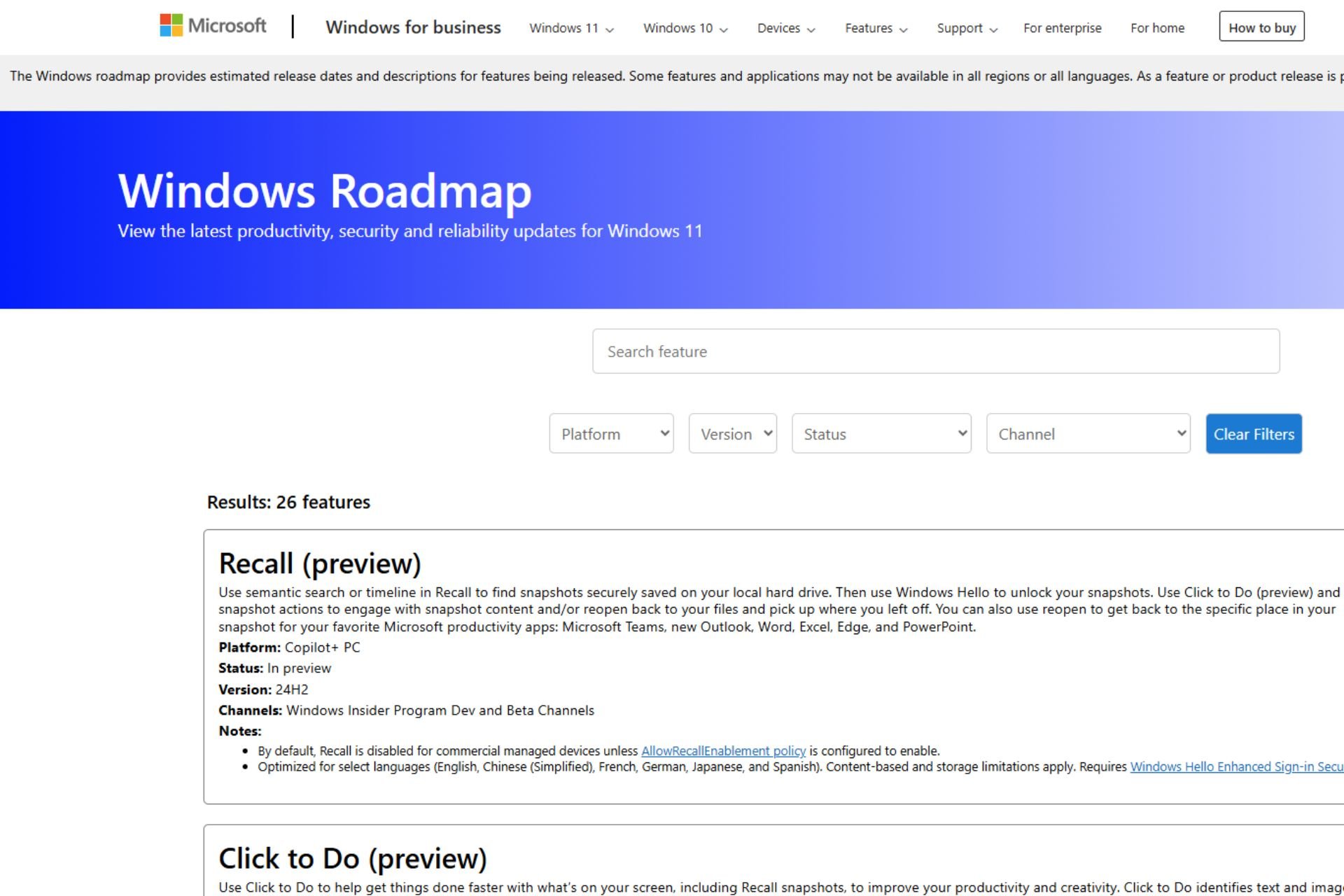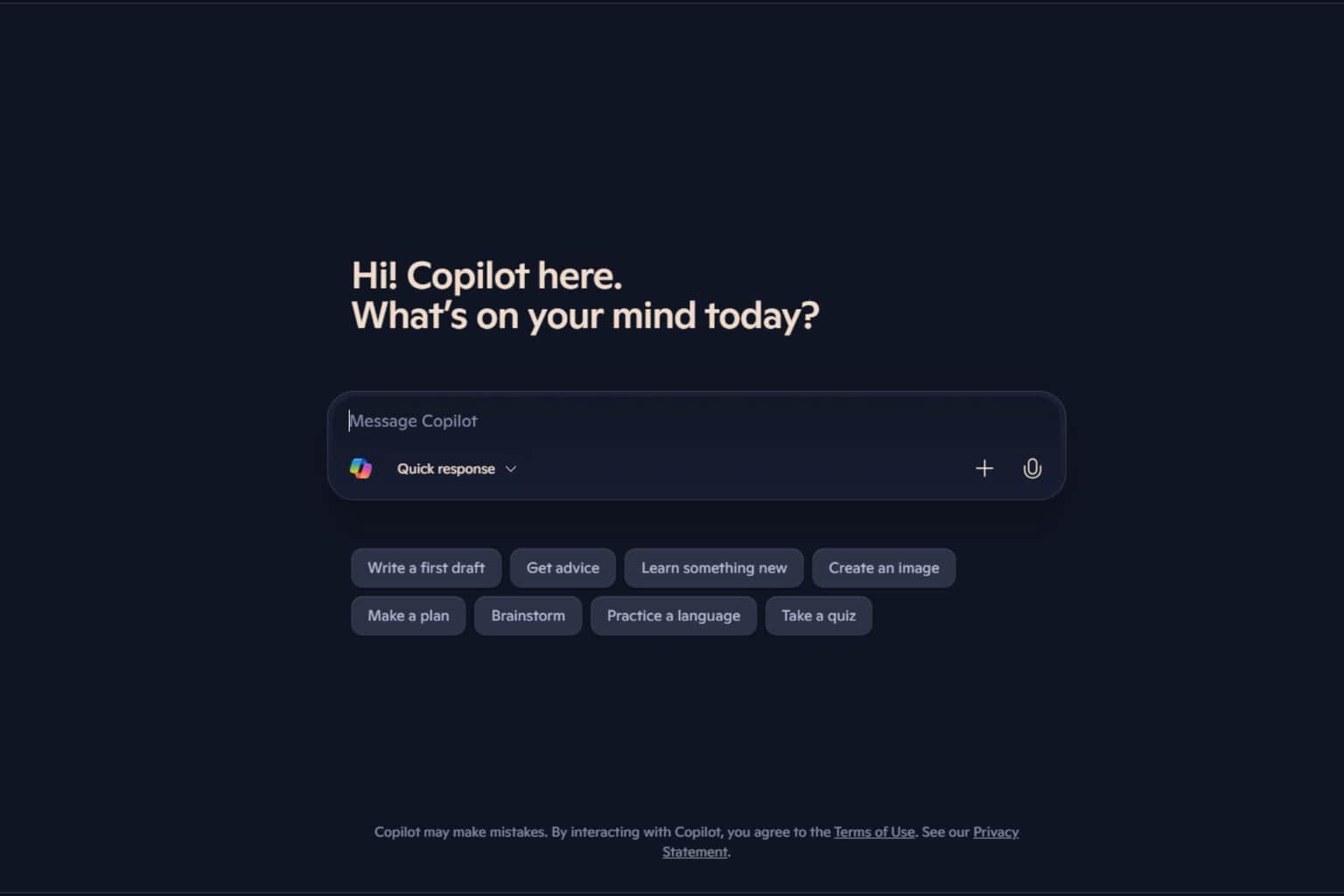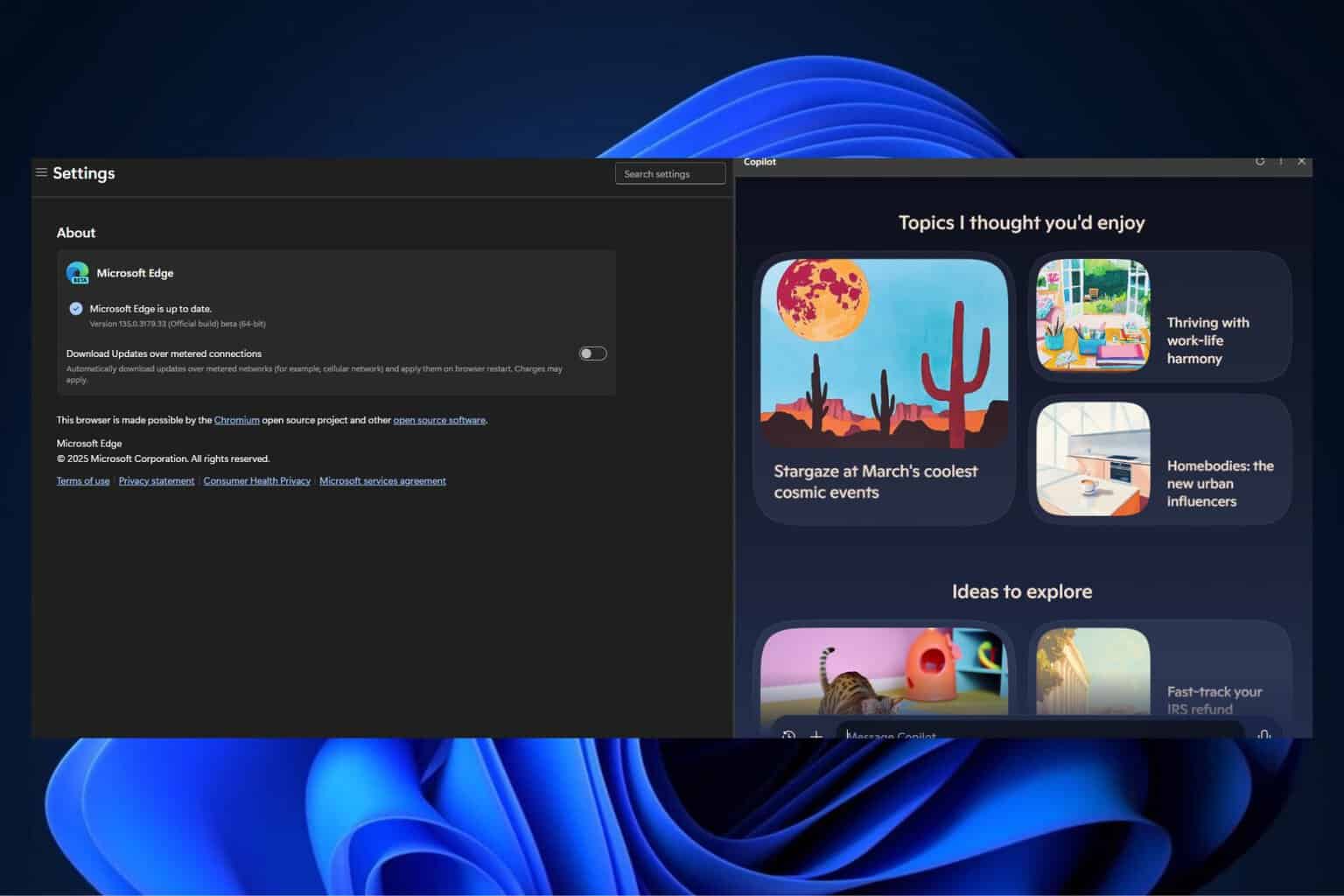Millions at risk of Digital Arrest scam: Here's what we know so far
An individual recently lost half a million to scammers
3 min. read
Published on
Read our disclosure page to find out how can you help Windows Report sustain the editorial team. Read more

Cybercriminals are coming up with new ways to dupe unsuspecting people, and the latest on the list is the Digital Arrest scam.
It’s a scam where fraudsters contact potential victims, impersonating government or law enforcement officials, and inform them that a parcel under their name contains an illegal item, for instance, drugs or arms.
Victims are accused of being involved in activities like drug trafficking or money laundering and are reportedly asked to pay a sum of money to get their names cleared. They may even be forced to download a video conferencing app and remain active on the video call for hours. This creates a sense of fear and urgency, which plays out in the fraudster’s favour.
Fraudsters involved in the Digital Arrest scam have a setup that resembles a government facility, leaving no scope for victims to realize that they are being duped.
Another modus operandi in the Digital Arrest scam entails informing victims that their identities were used in activities like human trafficking and forcing them to pay a huge sum.
Victims often fall for such scams due to the fear of social humiliation. In the last few months, people have reported losing up to $500k or more to fraudsters through the Digital Arrest scam.
The Government of India’s Ministry of Home Affairs (MHA) recently issued an advisory warning citizens about the Digital Arrest scam after several cases cropped up this year alone. The government also worked alongside Microsoft to block 1000+ Skype IDs found involved in such scams.
That certainly won’t put an end to such scams, especially with AI aiding threat actors. Increasing awareness is the only way we can tackle Digital Arrest and other similar scams!
How do you stay protected against Digital Arrest scams?
- Never lose your calm: That’s the most important because the moment you panic, you lose the ability to make the right decisions. The ones who panic are easy targets for scammers.
- Don’t share confidential information: You should never share confidential information, like bank account details or government IDs, with fraudsters. The more information you give, the better the position they will be in.
- Reach out to the relevant authorities: If you are ever contacted by scammers, reach out to the local authorities to verify the information and register a complaint.
While the Digital Arrest scam is presently limited to India, there’s a high likelihood of fraudsters in other regions replicating the modus operandi.
Stay informed, stay safe!
Microsoft has actively been helping governments worldwide curb scams, including withdrawing AI access from threat actors who create deepfakes. It should be evident in a few months whether these measures deliver any positive results.
Do you have more tips on how to stay protected from the Digital Arrest scam? Share with our readers in the comments section.








User forum
0 messages